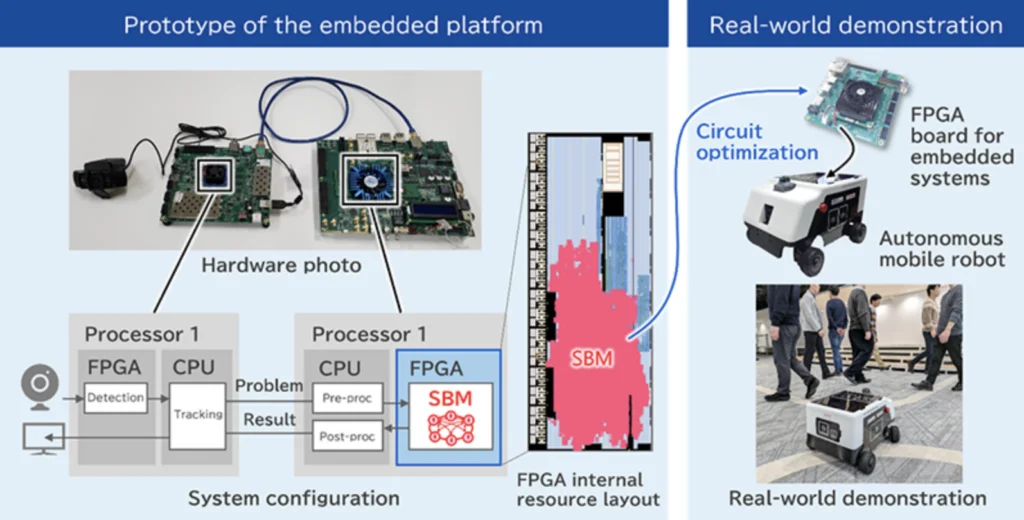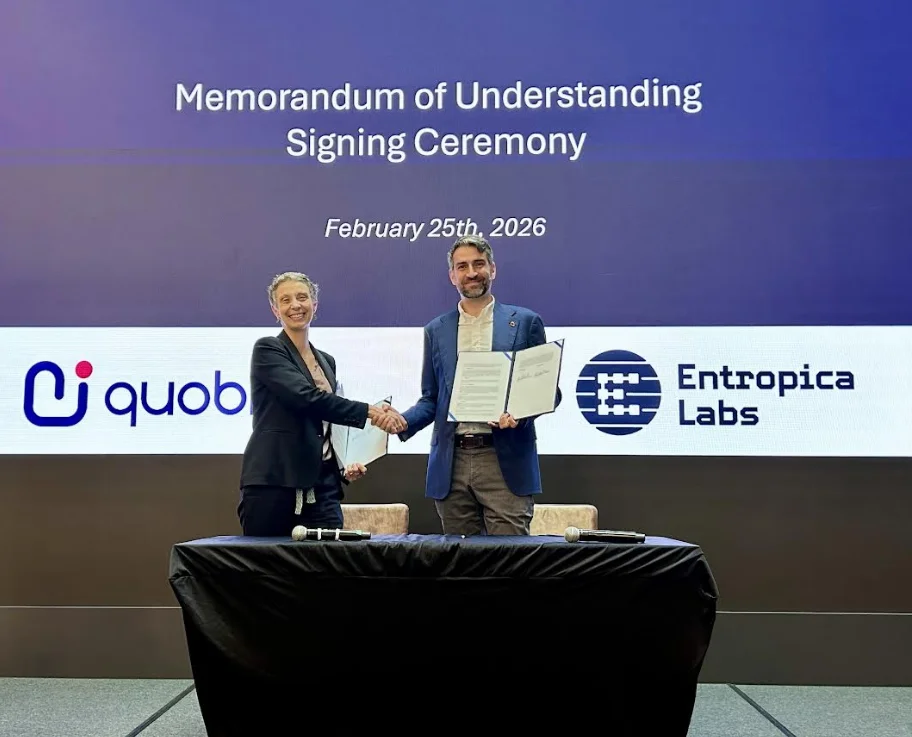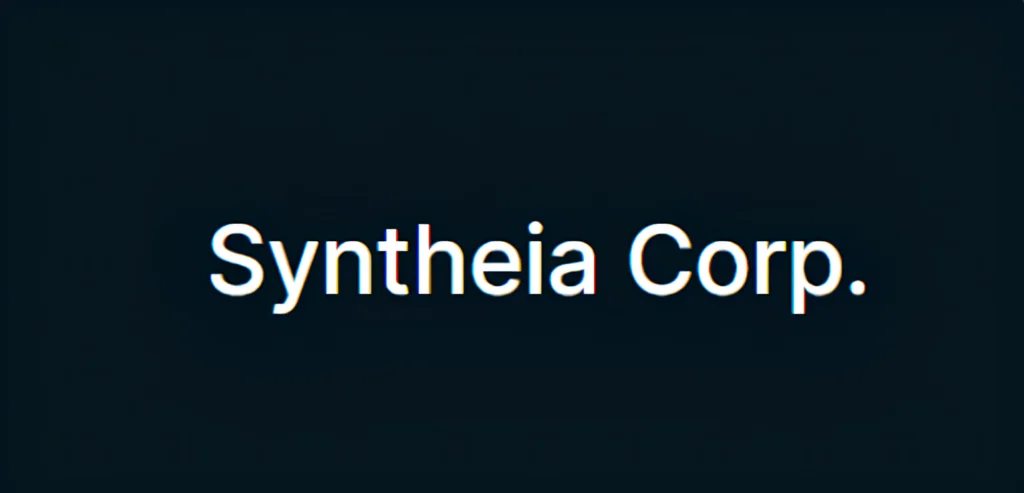Insider Brief
- Honeywell announced plans to split into three publicly traded companies—Automation, Aerospace, and Advanced Materials—by 2026, restructuring one of the last major U.S. industrial conglomerates.
- CEO Vimal Kapur confirmed a desire to monetize its stake in Quantinuum, Honeywell’s quantum computing subsidiary, but emphasized the decision would wait on optimal timing.
- Activist investor Elliott Management, which pushed for the break-up, believes the restructuring could increase Honeywell’s valuation by up to 75% over the next two years.
Honeywell yesterday announced that it will be split into three separate companies – each of them will be publicly listed — with the completion of the restructuring of one of the United States last remaining industrial conglomerates slated for 2026.
According to documents that have been filed with the SEC and also in direct statements by Vimal Kapoor the CEO, Honeywell shareholders will end up with three separate companies. One that contains the current aerospace division, one that contains the current advanced materials division, and a remaining entity that will own the other activities – including Honeywell’s interest in Quantinuum.
In an interview with CNBC, Vimal suggested there are lots of options for Quantinuum but did not comment on whether the automation entity will effectively be a public listing of what many consider to be a world leader in quantum computing company.

While the restructuring is focused on Honeywell’s historic core businesses — automation, aerospace, and advanced materials – it’s also confirms the growing importance of Quantinuum to Honeywell’s shareholders.
CNBC’s Jim Cramer asked Honeywell Chairman and CEO Vimal Kapur during the interview if the company was interested in monetizing Quantinuum, adding that the quantum company could be “more valuable than aerospace.”
“Quantinuum is a real company — I know you’re going to do something with it — why not just sell it for $25 billion to the public?” Cramer asked.
“I would love to monetize our stake in Quantinuum as early as possible,” Kapur told Cramer. “The good news, Jim, is that we are making all the technical progress we have committed. We are hitting all the milestones. We recently announced a partnership with Softbank.”
He added that the company is positioning itself for further growth and more fundraising.
“We did a fundraise about a year back, pre-money, and we were valued at $5 billion,” Kapur said. “That was almost a year back. We are going to do, again, more money raising in the next few months. The market is really not ready for a true IPO, the market needs more evidence of commercial success. We will demonstrate that.”
Quantinuum, created in 2021 through the effective merger of US based Honeywell Quantum Solutions and UK based Cambridge Quantum, that was founded by Ilyas Khan, who serves as Quantinuum’s Chief Product Office, is considered one of the world’s leading integrated quantum companies and a pioneer in quantum computers and advanced software solutions. Quantinuum recently announced research milestones, including a significant advance for logical qubits with partner Microsoft and the launching of a generative quantum artificial (AI) intelligence framework.
Honeywell has a majority ownership in Quantinuum having invested over $500 million since 2021 alone, while also bringing in outside investors, including JPMorgan Chase, Mitsui and Amgen. These investors joined IBM and JSR (the Japanese Govt owned Semiconductor company). The company also announced a partnership with SoftBank this week.
Three Independent, Publicly Traded Companies
Honeywell’s recent move creates three independent, publicly traded companies: Honeywell Automation, Honeywell Aerospace, and Honeywell Advanced Materials. The goal, according to the company, is to sharpen each business’s strategic focus and allow for more tailored capital allocation.
“The formation of three independent, industry-leading companies builds on the powerful foundation we have created, positioning each to pursue tailored growth strategies, and unlock significant value for shareholders and customers,” said Kapur, in a company news release. “Our simplification of Honeywell has rapidly advanced over the past year, and we will continue to shape our portfolio to create further shareholder value. We have a rich pipeline of strategic bolt-on acquisition targets, and we plan to continue deploying capital to further enhance each business as we prepare them to become leading, independent public companies.”
The spin-offs will have major implications for Honeywell’s core business segments. Honeywell Automation will concentrate on industrial software, AI-driven process control, and smart infrastructure, while Honeywell Aerospace will continue supplying propulsion and avionics systems to commercial and defense markets. Advanced Materials, meanwhile, will focus on sustainability-driven chemical and specialty material solutions.
Honeywell Automation
Honeywell Automation would be positioned to develop next-generation industrial infrastructure using advanced process technology, software, and AI-driven automation. CEO Vimal Kapur said the newly independent company will have a streamlined structure, allowing it to focus on key global trends such as energy security, sustainability, digitalization, and AI.
“Building on decades of innovation as its heritage, Honeywell Automation will create the buildings and industrial infrastructure of the future, leveraging process technology, software, and AI-enabled, autonomous solutions to drive the next generation of productivity, sustainability and safety for our customers,” Kapur added in the release. “As a standalone company with a simplified operating structure and enhanced focus, Honeywell Automation will be better able to capitalize on the global megatrends underpinning its business, from energy security and sustainability to digitalization and artificial intelligence.”
What has become increasingly clear is that a very significant part of the value of Automation is Honeywell’s ownership of Quantinuum. This value was brought into focus by Cramer of CNBC who stated that Quantinuum will become larger even than Aerospace, which is currently estimated by analysts to be worth $90 billion to $120 billion approximately.
Honeywell Aerospace
Honeywell Aerospace is set to become an independent public company, a move CEO Vimal Kapur says aligns with growing demand in commercial and defense aviation. He emphasized that the decision builds on over a century of technological advancements that have shaped the industry and will position the company to drive future innovation.
“As Aerospace prepares for unprecedented demand in the years ahead across both commercial and defense markets, now is the right time for the business to begin its own journey as a standalone, public company,” Kapur continued. “Today’s announcement is the culmination of more than a century of innovation and investment in leading technologies from Honeywell Aerospace that have revolutionized the aviation industry several times over. This next step will further enable the business to continue to lead the future of aviation.”
Advanced Materials
Honeywell’s Advanced Materials division, soon to operate as an independent company, will focus on sustainability-driven specialty chemicals and materials. The business holds leading positions in fluorine products, electronic materials, industrial-grade fibers, and healthcare packaging, generating nearly $4 billion in revenue last year. It will continue to develop technologies such as its low-global-warming Solstice® hydrofluoro-olefin (HFO) products. With a large domestic manufacturing base, the standalone company aims to attract investors with a streamlined capital allocation strategy and growth potential.
Honeywell’s latest restructuring effort follows a broader trend among industrial giants seeking to optimize operations. In the past year, the company has announced $9 billion worth of acquisitions, including Carrier Global’s Access Solutions business, Civitanavi Systems, and CAES Systems. It is also divesting its Personal Protective Equipment business, set to close in 2025.
For shareholders, the spin-off strategy will provide an opportunity to invest in more focused businesses, according to investors who spearheaded the move.
Last fall, Elliott Management, an activist investment group, took a $5 billion-plus stake in Honeywell and pushed for a company break-up, stating that Honeywell’s conglomerate model is no longer effective. In a letter Tuesday, they argued that splitting the company into two could increase its value by up to 75% over the next two years.
“With today’s action, Honeywell will be separating its Automation and Aerospace businesses into two market-leading enterprises poised for sustained growth and value creation,” said Elliott Partner Marc Steinberg and Managing Partner Jesse Cohn in the statement. “The enhanced focus, alignment, and strategic agility enabled by this separation will allow Honeywell to realize the opportunity for operational improvement and valuation upside. We look forward to continuing to support Vimal and the management team as they execute on the separation and deliver significant long-term value to Honeywell’s shareholders.”
Honeywell expects the separations of Automation and Aerospace to be completed in the second half of 2026, while the Advanced Materials spin-off is scheduled for the end of 2025 or early 2026.
The Quantum Insider contacted Quantinuum’s other major shareholder, Ilyas Khan, who controls CQH, the entity that owns close to 40% of Quantinuum. Khan’s beneficial ownership of Quantinuum is reported to be approximately 20%.
Khan said: “I cannot comment on Honeywell’s decisions on their restructuring other than to continue to wish Vimal and his team the best. I will say however that Honeywell as a shareholder, Honeywell as a business partner, and Honeywell as a passionate proponent of quantum as a true industrial revolution and not merely another disruptive technology has been steadfast. We are lucky to have Honeywell as our majority shareholder and I support Vimal’s views that at the appropriate time, when Quantinuum is listed, it will be an extremely valuable company for all shareholders. It is easy to forget amongst all the noise that Honeywell have quietly and patiently supported quantum computing for almost a decade now.”














